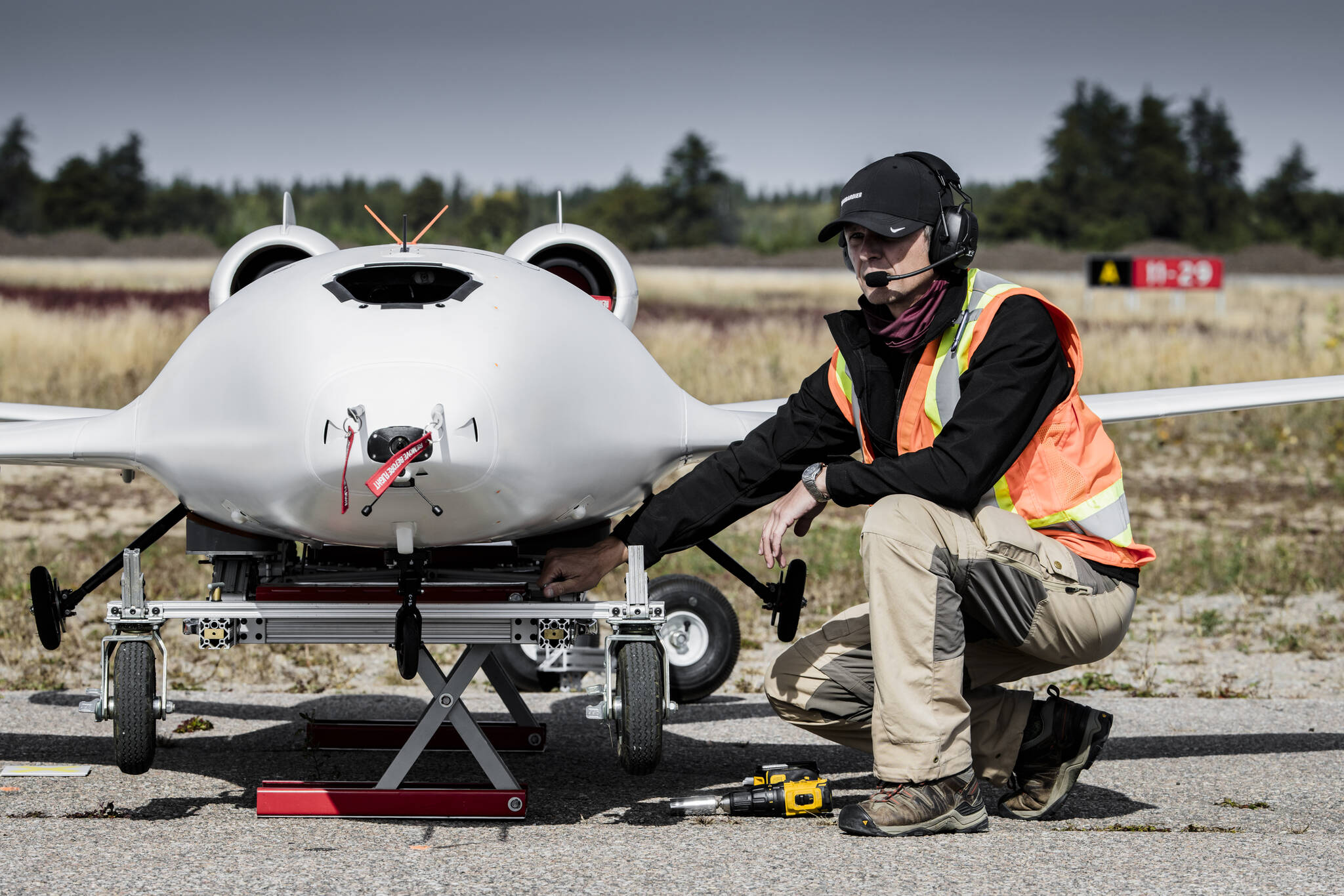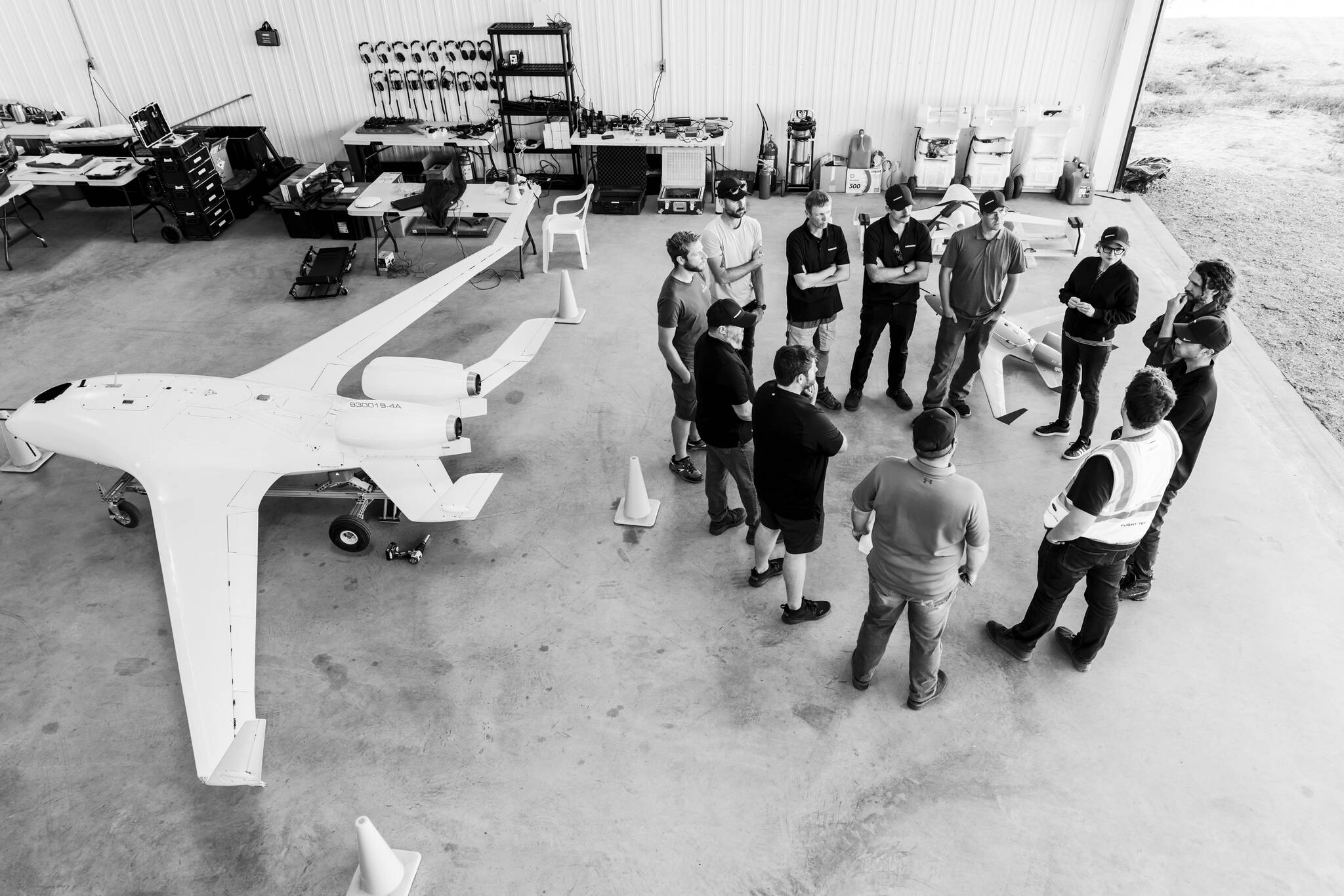The environmental impact of air travel is well-known, and concern has been growing recently about the carbon footprint from the ultra-rich zipping around in private planes.
The University of Victoria is partnering with Bombardier to try to make a dent in this problem by working with the company to build scale models for its EcoJet project, which has the goal of building a business jet with half the carbon emissions of current Bombardier aircraft.
“This collaboration marks a significant step forward in our commitment to sustainability, a greener future for the aviation industry, and the development of cutting-edge technologies,” UVic President Kevin Hall said in a press release announcing the partnership.
Bombardier’s plan is to build what they call a “blended wing body” aircraft to reduce drag and therefore emissions. According to company spokesperson Marie-Andrée Charron, this design should reduce emissions by about 20 per cent, with further reductions coming through things such as propulsion system changes.
UVic’s primary role in this project is to help build scale models that are used for flight testing designs.
UVic’s Centre for Aerospace Research, and its director, professor Afzal Suleman, is well-regarded for expertise in building these types of scale models.
“When we got ready to test it out in real life we wanted partners that had experience with testing prototypes, with fabricating scale models,” Charron said. “And the reputation of the University of Victoria is really well known.”
The aircraft are being flight tested at an “undisclosed location,” and Charron said because they are technically drones, flight rules mean the aircraft can only be flown over remote, uninhabited areas.
The EcoJet project is now more than 15 years old, and this partnership is just one step in a much longer process. Bombardier expects to announce more like it in the near future.
The Montreal-based Bombardier currently has about 5,000 aircraft in service and owns manufacturing facilities throughout North America.
The teams working on flight testing for this project include Quebec-based engineers and technicians working alongside B.C.-based researchers, engineers and students. B.C.’s SME Quaternion Aerospace, a company focused on energy-efficient aircraft design, is also involved in the partnership.
READ MORE: B.C. to get Canada’s first electric helicopter-like aircraft


